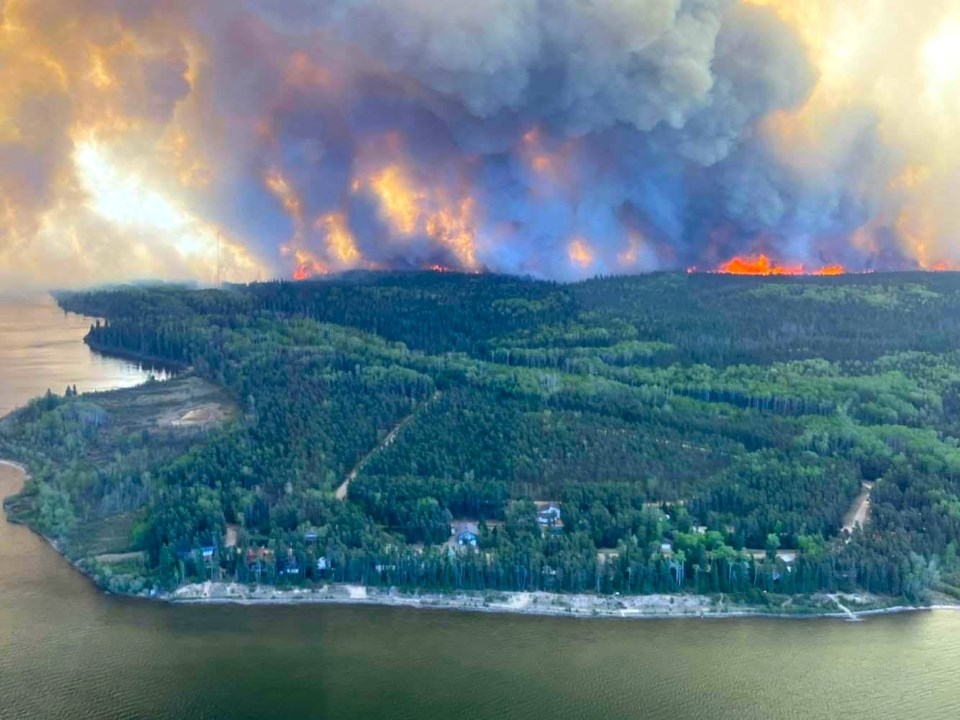SASKATOON — The Saskatchewan Public Safety Agency (SPSA) continues to prepare for the wildfire season, striving to be more proactive in fighting and containing fires while also assisting communities affected by the tragedy in their recovery.
The SPSA told SaskToday that it is modernizing its response efforts by providing co-ordinated moves with advanced technology, community engagement and strategic funding. The agency is preparing to meet the province’s evolving wildfire threats head-on.
“The SPSA fights fires from the air, on the ground and behind the scenes using technology. The SPSA uses various methods to detect wildfires, such as satellite, aerial and camera tower detection,” said SPSA communications and media manager Stephanie Wilkinson.
“The agency will continue to engage in wildfire suppression actively, meet with local communities and leadership, invest in resources and new technology, such as aircraft, and expand mutual aid agreements with international partners.”
She added that the SPSA offers both prevention and mitigation programs, such as FireSmart and youth education, to reduce the risk of wildfires and their impacts on communities. Additionally, it provides risk assessments and mitigation recommendations for individual homeowners, communities and industrial sites upon request.
The SPSA, which leads Saskatchewan’s wildfire response efforts, also relies on aerial patrols to detect wildfires — a key component of its proactive containment strategies. Identifying a fire within minutes can be the difference between a controlled burn and a devastating event.
Part of the SPSA’s strategy is to expand its partnerships, both nationwide and internationally, to enhance agreements that will benefit Saskatchewan through external resources in the event of major wildfires.
To support the communities already impacted by the 2025 wildfire season, the government has committed $20 million in recovery funds, which will be administered by the Recovery Task Team — a unit under the SPSA and supported by other provincial ministries and Crown corporations.
“The Recovery Task Team is actively working with communities to develop their recovery plans and will continue to do so. The funding announced today will assist communities in finalizing their plan to start environmental testing, clean up and debris removal,” said Wilkinson.
Debris removal, environmental testing, and the creation or expansion of local landfills to manage fire-related waste are key priorities. The RTT has been working with communities such as Denare Beach and East Trout Lake, which were hit hardest by recent wildfires, to develop their recovery plans.




